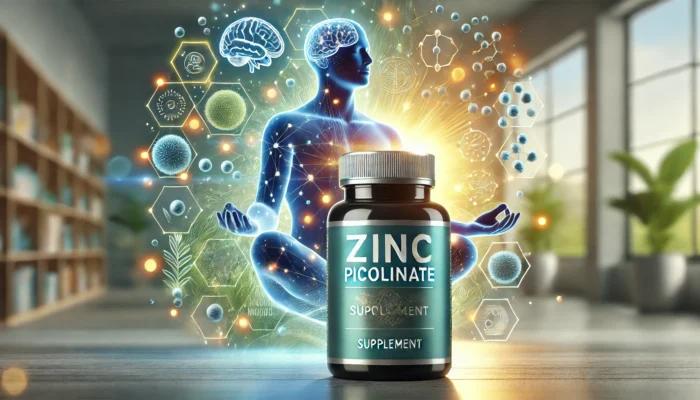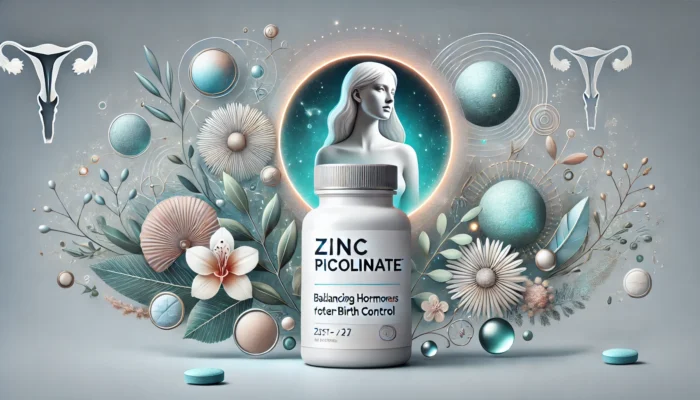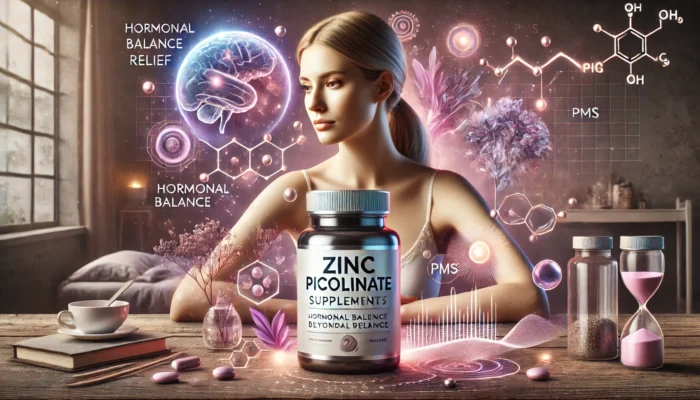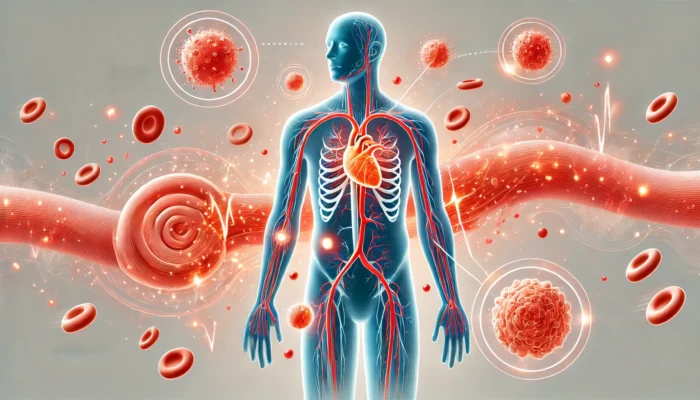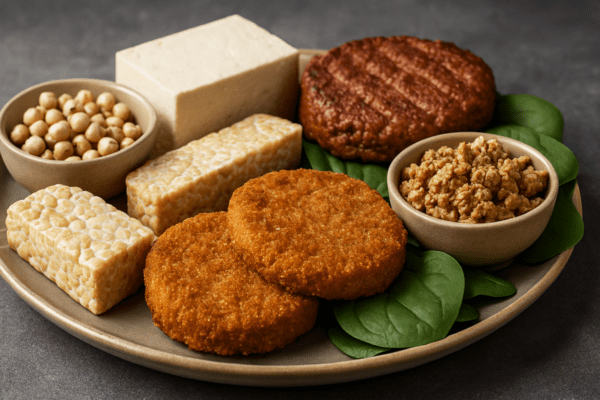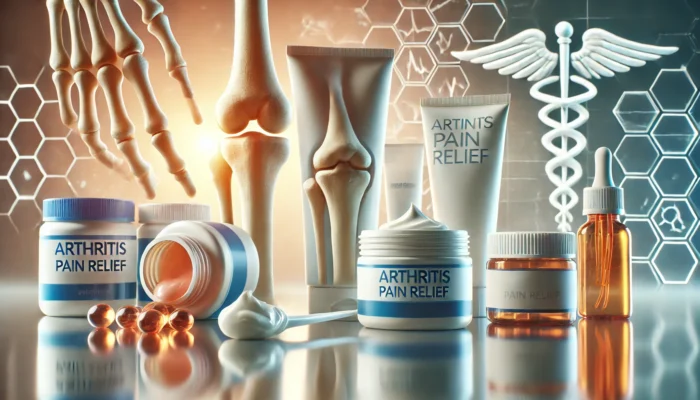Welcome to the HSL Healing Blog: Your Path to Wellness and Recovery
Welcome to the HSL Healing blog! We’re thrilled to have you here as part of our wellness community. This is your go-to space for expert tips, insightful articles, and the latest updates on healing support and holistic health. Whether you’re exploring ways to enhance your recovery or simply looking to lead a more balanced lifestyle, we’re here to guide and inspire you every step of the way. Let’s embark on this journey to better health together!
The Role of Magnesium Glycinate in Preventing Chronic Illness
Magnesium is a critical mineral involved in over 300 biochemical reactions in the human body, [...]
Magnesium Glycinate for Women: Why It’s Especially Important During Pregnancy and Menopause
Magnesium plays a vital role in women’s health, affecting everything from hormone balance to bone [...]
Zinc Picolinate for Mood Enhancement: A Natural Alternative
Mood disorders, including anxiety and depression, affect millions of people worldwide. Conventional treatments often involve [...]
Zinc Picolinate for Students: Boosting Memory and Focus
For students, academic success hinges on cognitive performance, memory retention, and the ability to maintain [...]
Zinc Picolinate for Oral Health: Strengthening Teeth and Gums
Maintaining optimal oral health is essential for overall well-being, as poor dental hygiene can lead [...]
L-lysine for Athletes: Boosting Performance and Recovery Naturally
As athletes strive for peak performance, the focus on supplementation often includes protein powders, electrolytes, [...]
Magnesium Glycinate and Healthy Healing After C-Sections: Here’s What to Know
Cesarean sections (C-sections) are one of the most common surgical procedures worldwide, performed when vaginal [...]
Magnesium Glycinate: A Boost for Stronger Hair and Nails
The quest for healthy hair and nails is often centered around biotin and collagen supplements, [...]
Can Artificial Organs Help with Hypertension? The Case for Bioengineering
Hypertension, or high blood pressure, affects nearly half of adults globally, as reported by the [...]
Can Working Out Improve Your Mood?
In this expanded exploration, we will uncover the mechanisms by which exercise impacts mood, share [...]
Magnesium Glycinate for Plantar Fasciitis Relief: What You Need to Know
Plantar fasciitis is a common condition that causes sharp, debilitating heel pain, especially with the [...]
The Benefits of Holistic Primary Care Physicians
In the ever-evolving landscape of healthcare, a growing number of individuals are seeking more comprehensive [...]
CHRONIC SINUS INFECTIONS: Description, Symptoms, Causes, Treatment Options for Recovery, and Steps for Possible Prevention
Chronic sinus infections, medically termed chronic sinusitis, are a widespread condition affecting approximately 11–12% of [...]
Understanding the Meaning of Conventional Medicine
In today's ever-evolving healthcare landscape, the term "conventional medicine" is often mentioned, yet its meaning [...]
Exploring the Link Between Ice Cream and Inflammation
Inflammation is a complex biological response of the body to harmful stimuli, such as pathogens, [...]
How Zinc Picolinate Helps Balance Hormones After Birth Control: Here’s What to Know
Birth control pills, patches, and implants are commonly used to regulate menstrual cycles, prevent pregnancy, [...]
ROTATOR CUFF SURGERY: Description, Healing Stages, Post-Procedure Side Effects, Care Options for Recovery, and Tips to Minimize Downtime
Rotator cuff surgery is a vital procedure for repairing injuries to the tendons surrounding the [...]
Jan
ACL TEAR: Description, Symptoms, Causes, Treatment Options for Recovery, and Steps for Possible Prevention
The anterior cruciate ligament (ACL) is a critical stabilizing structure in the knee joint, commonly [...]
Jan
MENISCUS TEAR: Description, Symptoms, Causes, Treatment Options for Recovery, and Steps for Possible Prevention
A meniscus tear is a common knee injury affecting athletes and non-athletes alike. This condition [...]
Jan
SHOULDER DISLOCATION: Description, Symptoms, Causes, Treatment Options for Recovery, and Steps for Possible Prevention
Shoulder dislocation is a common injury characterized by the displacement of the head of the [...]
Jan
TENNIS ELBOW (LATERAL EPICONDYLITIS): Description, Symptoms, Causes, Treatment Options for Recovery, and Steps for Possible Prevention
Tennis elbow, or lateral epicondylitis, is a common condition that causes pain and discomfort on [...]
Jan
GOLFER’S ELBOW (MEDIAL EPICONDYLITIS): Description, Symptoms, Causes, Treatment Options for Recovery, and Steps for Possible Prevention
Golfer’s elbow, clinically known as medial epicondylitis, is a common overuse injury that affects the [...]
Jan
ANKLE SPRAIN: Description, Symptoms, Causes, Treatment Options for Recovery, and Steps for Possible Prevention
An ankle sprain is one of the most common musculoskeletal injuries, affecting individuals of all [...]
Jan
HAMSTRING STRAIN: Description, Symptoms, Causes, Treatment Options for Recovery, and Steps for Possible Prevention
Hamstring strain is a common injury, particularly among athletes and physically active individuals, that involves [...]
Jan



